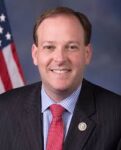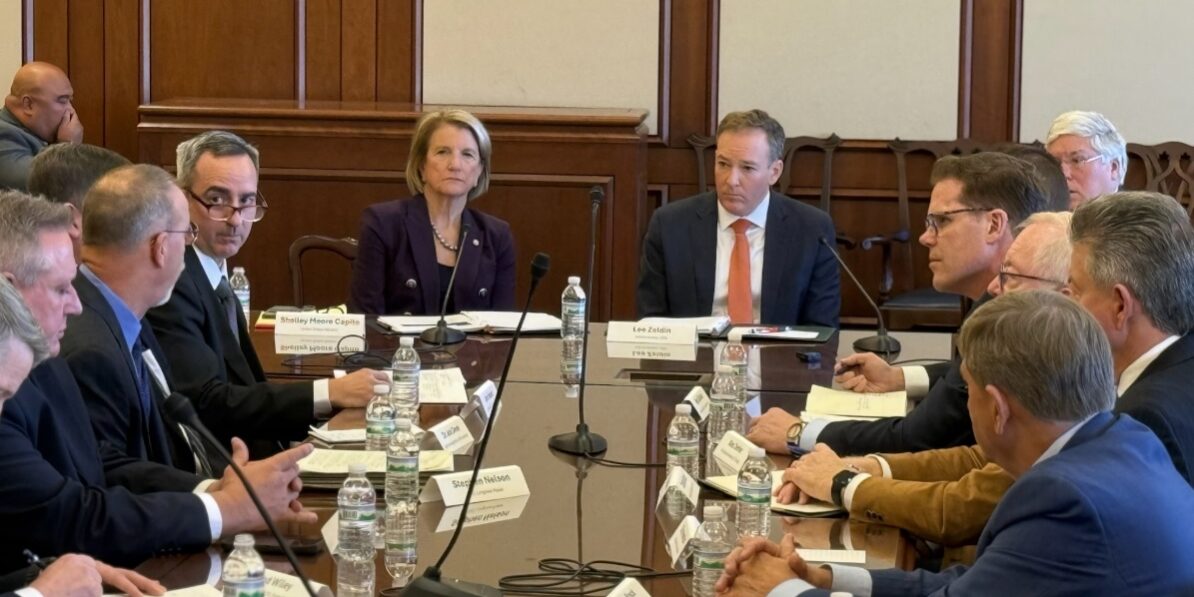CHARLESTON, W.Va. — A Trump administration official says a visit to West Virginia Wednesday would help him better know the state’s manufacturing and economic landscape.

EPA administrator Lee Zeldin joined U.S. Senator Shelley Moore Capito on a tour that included stops at the Toyota plant and the John Amos Power Station in Putnam County and the Nucor Steel of West Virginia construction site in Mason County.
Zeldin also took part in a roundtable discussion with state manufacturers and Gov. Patrick Morrisey in Charleston.
Zeldin said during an appearance on MetroNews “Talkline” that it’s been good for him to get away from the Beltway.
“When you’re visiting these different businesses and industries, job creators, employees and you’re able to hear their perspective and make their perspective our perspective in decision-making, then West Virginia truly has that seat at the table at that agency,” Zeldin said.
West Virginia is the 49th state he’s visited.
Capito said what the EPA does impacts many jobs in the state.
“It impacts every manufacturer, every coal and natural gas plant, every chemical (plant), so many jobs here,” Capito said.
Clean Power 2.0
Zeldin indicated the days are numbered for the Biden administration’s Clean Power 2.0 policy.
The policy said that coal plants that plan to stay open beyond 2039 would have to cut or capture 90% of their carbon dioxide emissions by 2032. Plants that expect to retire by 2039 would face a less stringent standard but still would have to capture some emissions. Coal plants that are set to retire by 2032 would not be subject to the new rules.
Zeldin said a public comment period on a proposed repeal of the policy has wrapped up with a decision coming soon.
“I’m not allowed to pre-judge outcomes of the rule-making but we’re at that point right now where we are able to make the final decisions that will be a very big win, after win, after win for West Virginia and I can’t wait to be able to announce it,” Zeldin said.
Future EPAs
Zeldin said a recent U.S. Supreme Court decision will prevent future administrations from going beyond what current law calls for when it comes to things like power plant emissions.
“Agencies like the EPA cannot go rogue and get creative and try and give ourselves power saying just because a law says we can’t that means that we can,” Zeldin said.
He said the Supreme Court decision is durable and will be around for years and decades to come.
“No matter who is in the White House,” he said.



